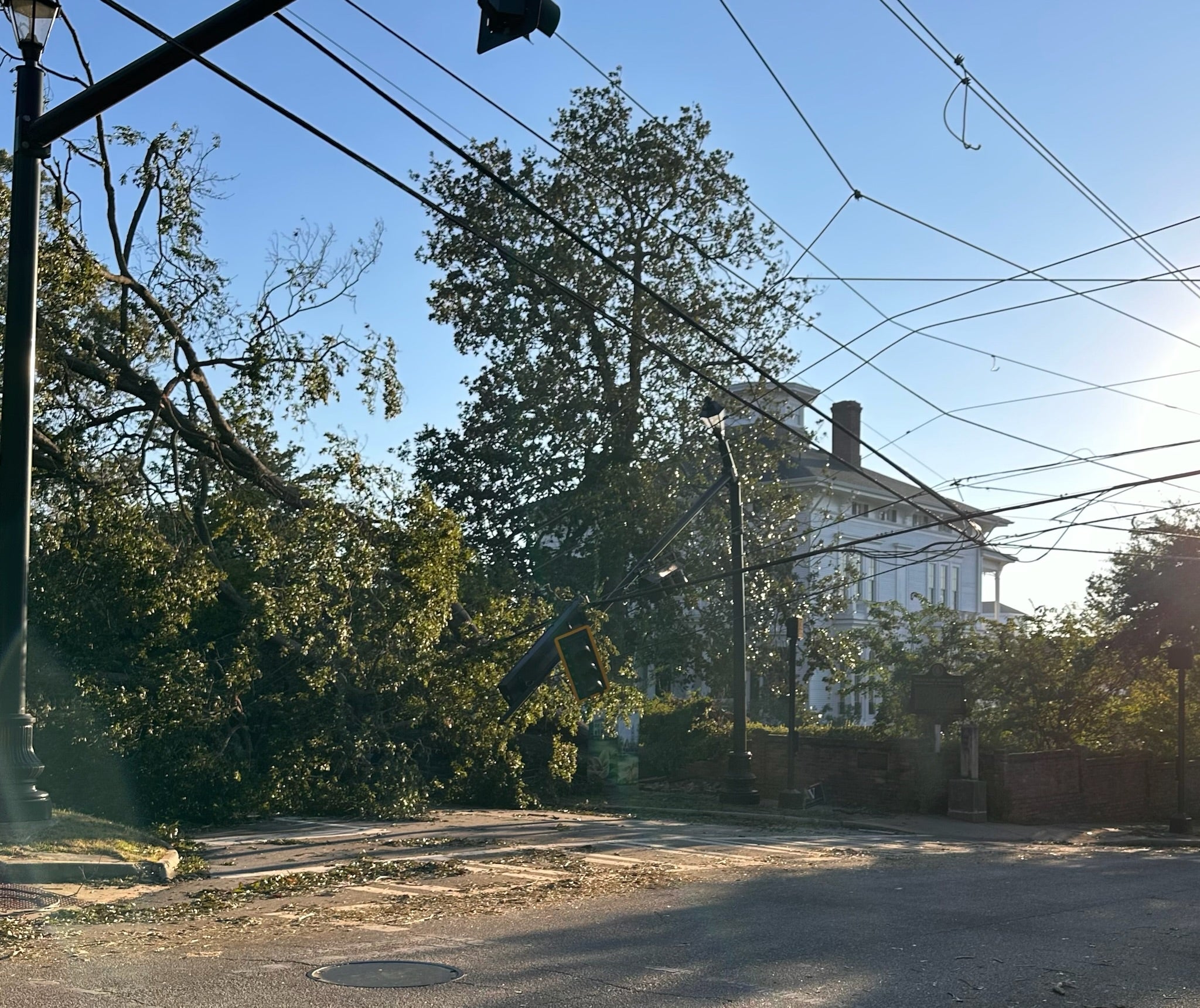While a sense of normalcy is starting to return to the Augusta after Hurricane Helene, some might be suffering from mental trauma linked to the severe storm.
Augusta University’s Dr. Tracy Casanova, a psychologist and associate professor for the college in the Department of Psychiatry and Health Behavior, shared her insights on trauma related to Helene and ways of coping.
Natural disasters and trauma
According to Casanova, a natural disaster is a type of trauma just as much as a car accident or a physical assault. She said that those who’ve experienced Hurricane Helene might exhibit some of the same reactions that people commonly show in other traumatic situations.
“The reactions that people often have after a trauma, they’re very, very normal reactions,” she said. “So a lot of times people might just feel physically or mentally drained, just being really tired, easily fatigued, things are just harder.”
Casanova said that people who experienced more acute events during the storm, such as a tree landing on their home, could find themselves dwelling on that memory.
“They might be thinking about that, and the fear that they felt when that happened,” she said.
Others, she said, might deal with chronic stress due to food, water or gas insecurity. Additionally, people could find themselves feeling sad or frustrated, noticing changes in their appetite and sleep routines.
Coping with trauma
Casanova said that one of the biggest ways to cope with trauma is to regain a sense of control.
“A lot of times, the loss of control is what contributes to people’s distress,” she said.
She noted several ways that someone can regain control in their life, including re-establishing routines, practicing self care and staying connected with friends and families.
Another way to deal with trauma, she said, is to have patience with yourself and accept the way you feel.
“It’s OK to be patient and calm and know that everybody’s struggling,” she said.
Casanova said that recovering from significant loss during the storm can be overwhelming; she said that “making small goals” and working towards recovery in baby steps can help ease this.
Overall, Casanova said it’s important to stay positive.
“Just trying to find a bit of gratitude, a little bit of hope, can be helpful,” she said.
Resources
Casanova said that there are a plethora of places for those struggling to get help. She suggested that people find out if their place of work offers employee assistant programs which can offer free services.
She also said that those with insurance might consider looking for a mental health provider. One source for find a provider, she said, is Psychology Today.
She also recommended the Disaster Distress Hotline which can be reached at 1-800-985-5990; the Georgia Crisis and Access Line which can be reached at 800-715-4225; and the Suicide and Crisis Lifeline which can be reached by calling 988.











